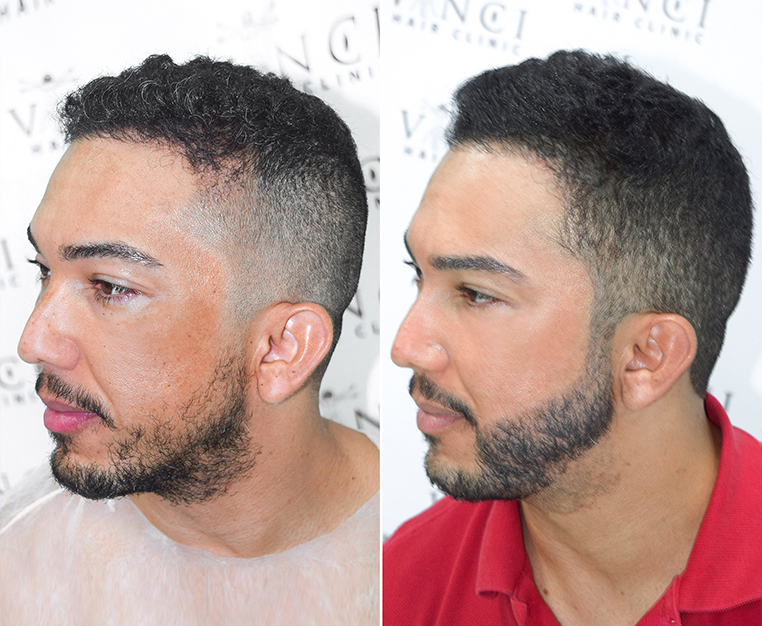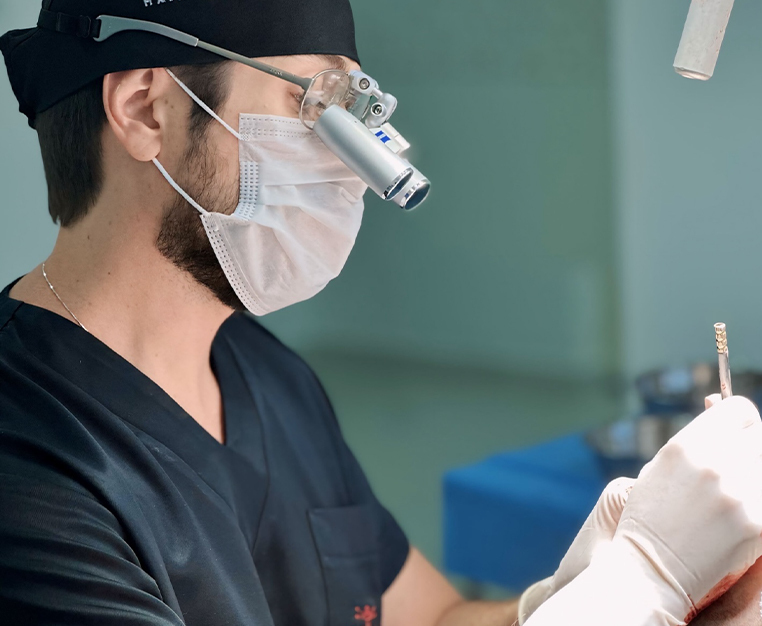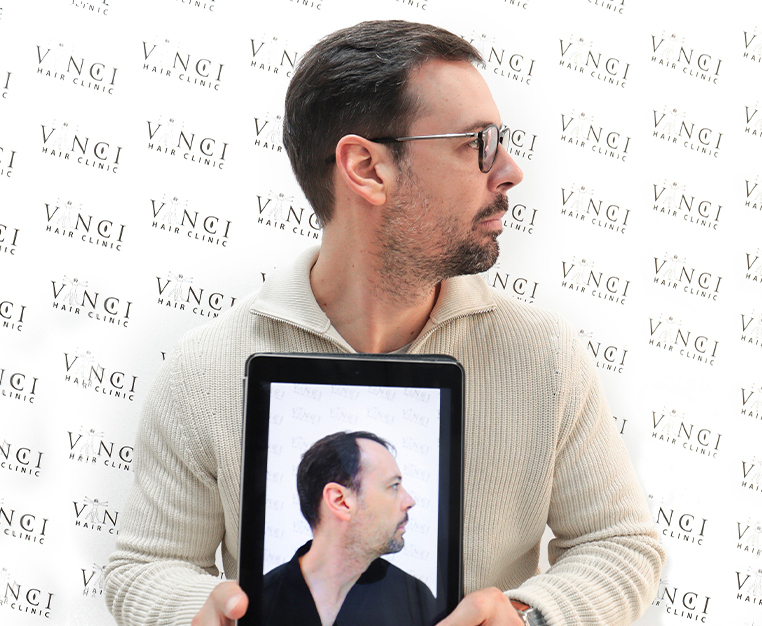Our weight and our hair are two of the most obvious factors affecting our appearance. But these two things are more linked to each other than you think or imagine. Today’s article may make you rethink that diet you’re following.
Naturally enough, we consider our hair as an external part of our body, but we forget that the health of our shiny strands depends heavily on the food we eat. Following a low-calorie diet may lead to a pattern of unhealthy eating. Restricting calorie intake in this way will immediately trigger weight loss closely followed by hair loss.
The Optavia diet is one such restricted calorie regime that offers the promise of significant weight loss, but according to clients who have actually followed this diet for a while, it comes with side effects that include hair loss. This relates directly to the reduction of beneficial nutrients that are essential for maintaining regular hair life cycles.
How Does Optavia Diet Relate to Hair Loss?
People wishing to lose weight are tempted to follow the Optavia diet because it seems to offer a path to successful weight reduction. The Optavia diet plan restricts calorie intake to between 800 and 1,200 per day for the first twelve weeks, resulting in the achievement of considerable weight loss. The second phase lasts six weeks during which the dieter is allowed to consume up to1550 calories per day.
The Optavia, therefore, falls somewhere between two categories of diets:
- very-low-calorie diets (VLCDs) which allow for 600 to 900 calories/day
- low-calorie diet (LCDs) which allow for 1,000 to 1,500 calories/day
There is little doubt that dropping the number of calories you consume on a daily basis by following these diets can bring about rapid weight loss. This happens because your body requires a considerable number of calories to maintain the same weight. When weight loss occurs, however, it’s likely to affect hormone levels and even cause hair loss.
In such cases of rapid weight loss, the hair is vulnerable to a condition known as acute telogen effluvium (TE). The explanation is simple: lowering the calorie intake directly reduces the amount of energy that goes to the hair follicles for hair growth.
Hair loss will not occur immediately after you shed weight. It takes about three months after your weight loss through the Optavia diet before the hair fall begins. The hair loss condition caused in this case, acute TE, doesn’t last more than six months. If it continues for more than six months, it has turned into chronic TE.
What Else Causes Hair Loss?
Hair loss caused by dieting sounds odd at first but it’s quite common. It’s by no means the only factor that causes hair loss, however. Other things to watch out for include the following:
- Both psychological and emotional stress can lead to hair loss or TE.
- Side effects are common with almost any medication and some of them such as birth control pills, antidepressants, and blood thinners can cause hair loss.
- Malnourishment. A diet that is poor in vitamins, proteins, minerals and fatty acids can be the cause of your hair loss.
- Medical Conditions. Autoimmune diseases, hormonal imbalances, and thyroid conditions are just some of the medical conditions that can trigger hair loss.
- A mental disorder that is characterised by the urge to pull your hair out from the scalp.
- Traction alopecia. Trauma caused by the hair being forced into tight and inappropriate hairstyles can cause it to fall out.
Even though the majority of hair loss happens due to genetic or environmental factors, dieting plays an important role as well. Having a diet rich in fibre, minerals and vegetables, as well as having a stable sleeping routine, can help reduce your hair loss and boost your hair health.
Final Thoughts
Before choosing a weight loss plan, you should be aware of the nutrients you’re potentially cutting out from your diet. Your hair, just like any other part of the body, needs to be nourished otherwise it can lead to the development of acute TE or chronic TE. A lack of important nutrients such as protein, vitamins, zinc and iron, among others, can have a negative effect on your appearance.
The proper way to lose weight without damaging your hair is by selecting a diet that contains the essential nutrients your hair needs. If you notice hair loss after following a specific diet and you think that the change in food is the cause, reach out to us for some expert advice. Vinci Hair Clinic offers a free consultation to all new clients. Get in touch with us to book your appointment!





